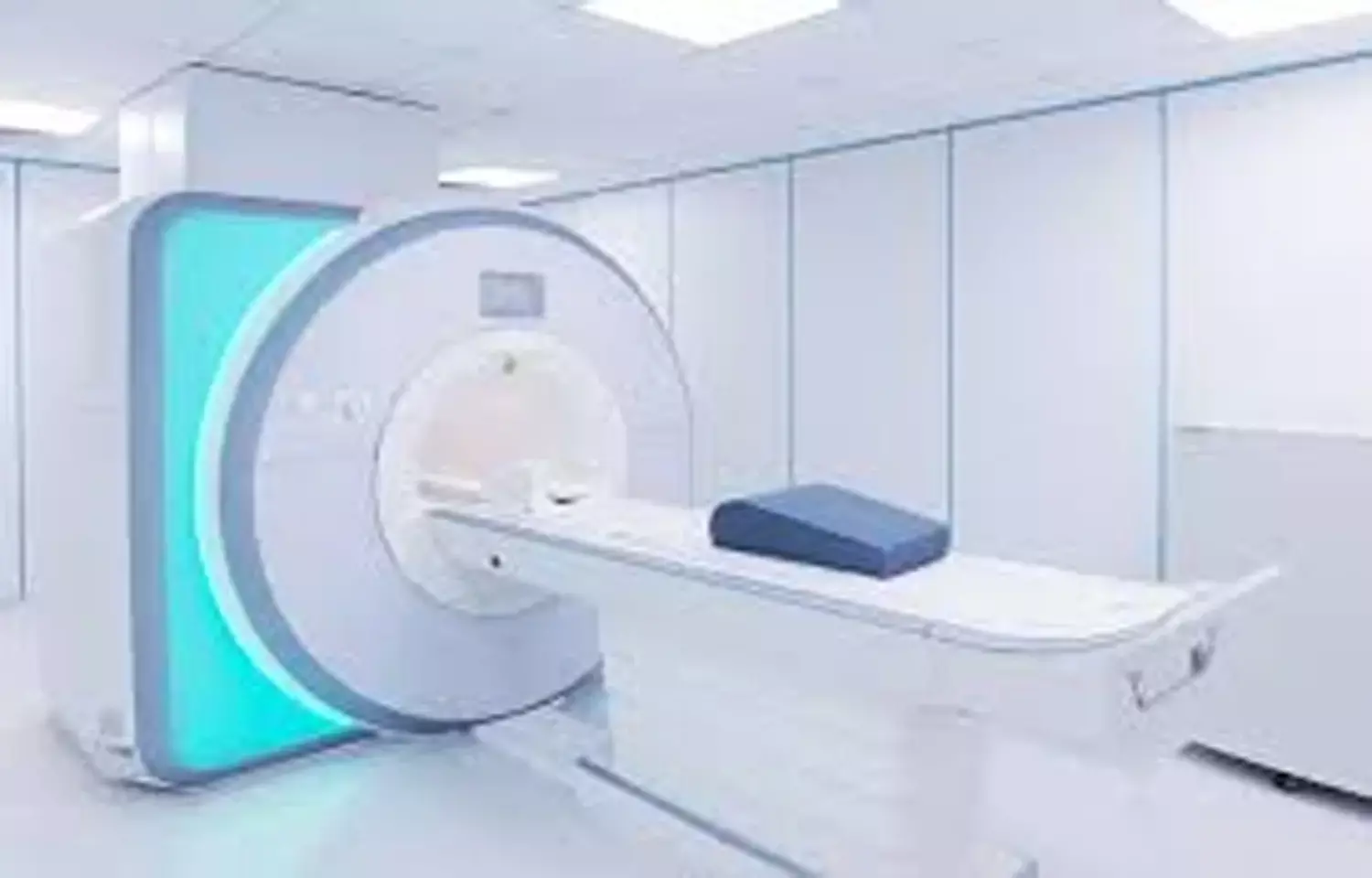- Home
- Medical news & Guidelines
- Anesthesiology
- Cardiology and CTVS
- Critical Care
- Dentistry
- Dermatology
- Diabetes and Endocrinology
- ENT
- Gastroenterology
- Medicine
- Nephrology
- Neurology
- Obstretics-Gynaecology
- Oncology
- Ophthalmology
- Orthopaedics
- Pediatrics-Neonatology
- Psychiatry
- Pulmonology
- Radiology
- Surgery
- Urology
- Laboratory Medicine
- Diet
- Nursing
- Paramedical
- Physiotherapy
- Health news
- Fact Check
- Bone Health Fact Check
- Brain Health Fact Check
- Cancer Related Fact Check
- Child Care Fact Check
- Dental and oral health fact check
- Diabetes and metabolic health fact check
- Diet and Nutrition Fact Check
- Eye and ENT Care Fact Check
- Fitness fact check
- Gut health fact check
- Heart health fact check
- Kidney health fact check
- Medical education fact check
- Men's health fact check
- Respiratory fact check
- Skin and hair care fact check
- Vaccine and Immunization fact check
- Women's health fact check
- AYUSH
- State News
- Andaman and Nicobar Islands
- Andhra Pradesh
- Arunachal Pradesh
- Assam
- Bihar
- Chandigarh
- Chattisgarh
- Dadra and Nagar Haveli
- Daman and Diu
- Delhi
- Goa
- Gujarat
- Haryana
- Himachal Pradesh
- Jammu & Kashmir
- Jharkhand
- Karnataka
- Kerala
- Ladakh
- Lakshadweep
- Madhya Pradesh
- Maharashtra
- Manipur
- Meghalaya
- Mizoram
- Nagaland
- Odisha
- Puducherry
- Punjab
- Rajasthan
- Sikkim
- Tamil Nadu
- Telangana
- Tripura
- Uttar Pradesh
- Uttrakhand
- West Bengal
- Medical Education
- Industry
MRI reveals altered brain structure in fetuses exposed to alcohol

North America: "Fetal alcohol syndrome is a worldwide problem in countries where alcohol is freely available," said Gregor Kasprian, M.D., associate professor of radiology at the Medical University of Vienna in Austria. "It's estimated that 9.8% of all pregnant women are consuming alcohol during pregnancy, and that number is likely underestimated."
Fetal alcohol syndrome is the most severe form of a group of conditions called fetal alcohol spectrum disorders that result from alcohol exposure during pregnancy. Babies born with fetal alcohol spectrum disorders may have specific physical features, learning disabilities, behavioral problems or speech and language delays. According to Dr. Kasprian, one in 70 pregnancies with alcohol exposure results in fetal alcohol syndrome.
"There are many postnatal studies on infants exposed to alcohol," Dr. Kasprian said. "We wanted to see how early it's possible to find changes in the fetal brain as a result of alcohol exposure."
For the study, researchers recruited 500 pregnant women who were referred for a fetal MRI for clinical reasons. On an anonymous questionnaire, 51of the women admitted to consuming alcohol during their pregnancy. The questionnaires used were the Pregnancy Risk Assessment Monitoring System (PRAMS), a surveillance project of the Centers for Disease Control and Prevention and health departments, and the T-ACE Screening Tool, a measurement tool of four questions that identify risk drinking.
"We provided a safe environment where women could feel comfortable honestly answering the questions," Dr. Kasprian said.
After eliminating some of the fetal MRIs for reasons such as structural brain anomalies and/or poor image quality, the final study group consisted of 26 fetal MRI exams from 24 alcohol-positive fetuses and a control group of 52 gender- and age-matched healthy fetuses. At the time of imaging, fetuses ranged in age between 20 and 37 weeks.
The researchers used super-resolution imaging, which allowed them to create one dataset to re-construct each fetal brain. Next, they completed an analysis of 12 different brain structures, computing total brain volume and segment volumes of specific brain compartments.
"One of the main hallmarks of our study is that we investigated so many smaller sub-compartments of the brain," said co-author Marlene Stuempflen, M.D., scientific researcher at the Medical University of Vienna.
The statistical analysis revealed two major differences in the alcohol-exposed fetuses compared to healthy controls: an increased volume in the corpus collosum and a decreased volume in the periventricular zone.
"This is the first time that a prenatal imaging study has been able to quantify these early alcohol-associated changes," Dr. Stuempflen said.
The corpus collosum is the main connection between the brain's two hemispheres. Dr. Stuempflen noted that it is fitting that this very central structure is affected, because the clinical symptoms of fetal alcohol spectrum disorders are highly heterogenous, or diverse, and cannot be pinpointed to one specific substructure of the brain.
"The changes found in the periventricular zone, where all neurons are born, also reflect a global effect on brain development and function," she said.
The researchers said finding a thicker corpus collosum in the alcohol-positive fetuses was surprising because the corpus collosum is thinner in infants with fetal alcohol spectrum disorders.
"It appears that alcohol exposure during pregnancy puts the brain on a path of development that diverges from a normal trajectory," Dr. Kasprian said. "Fetal MRI is a very powerful tool to characterize brain development not only in genetic conditions, but also acquired conditions that result from exposure to toxic agents."
Dr Kamal Kant Kohli-MBBS, DTCD- a chest specialist with more than 30 years of practice and a flair for writing clinical articles, Dr Kamal Kant Kohli joined Medical Dialogues as a Chief Editor of Medical News. Besides writing articles, as an editor, he proofreads and verifies all the medical content published on Medical Dialogues including those coming from journals, studies,medical conferences,guidelines etc. Email: drkohli@medicaldialogues.in. Contact no. 011-43720751


